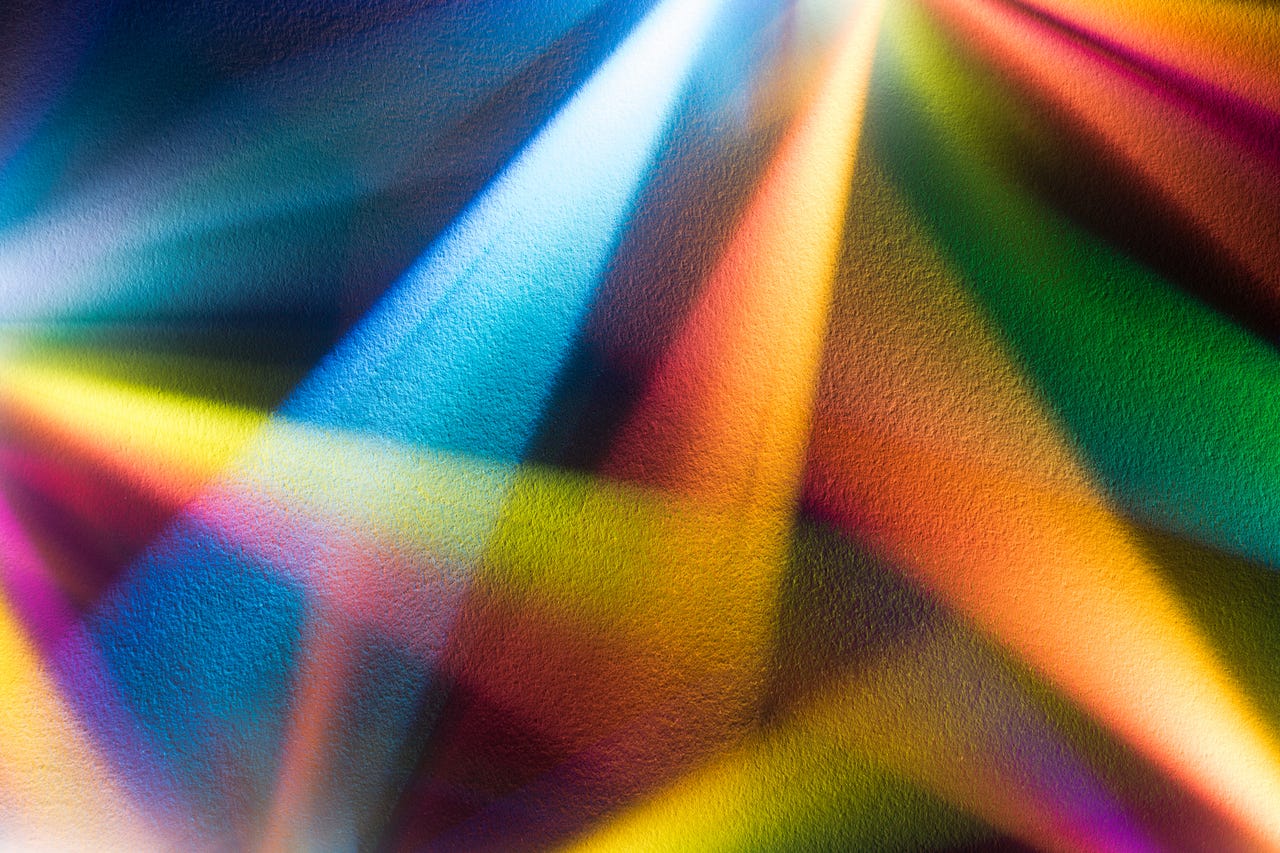
FaceTime is an invaluable communication tool for MacOS users. Although many simply use FaceTime because it’s the default for Apple devices, it’s a really solid (and user-friendly) platform that makes video calls as easy as they get.
But one thing a lot of users might not realize is that FaceTime includes a feature that can help make your video calls look considerably better. That feature is called Studio Light. Essentially, what Studio Light does is dim the background and highlight your face. I find the look is not only quite effective but a vast improvement over the default lighting.
Also: How Android users can join their iPhone friends’ FaceTime fun
Studio Light is a part of Apple’s Continuity Camera, which is the system that allows your iPhone or iPad to connect to your Mac (via Wi-Fi), so it can function as a high-definition webcam. With this addition, Apple wanted to ensure users had the best experience, and could make the most out of the iPhone’s remarkable camera, and one way to help boost video calls is to improve the lighting look.
Obviously, Studio Light won’t help much if you’re attempting to chat while in a very dark room. Think of it this way: if your phone can’t record a decent video in your current lighting, Studio Light probably won’t be able to help all that much. Even so, you’ll be surprised at the capability of FaceTime, even in dim lighting.
Also: Apple makes contact sharing easier in iOS 17
The effect of Studio Light isn’t so great that it’s going to make you feel like a master filmmaker. But it does make sure the lighting looks focused on your face, and it helps to keep the attention on you and not your background.
If that sounds like something you’d like to try, let me show you how.
How to enable Studio Light
What you’ll need: Although Studio Light has been around for a bit, the controls with MacOS Sonoma have moved. So, to follow along, you’ll need a MacOS device running the latest version of the OS.
Also: How to create a web app in MacOS Sonoma (and why)
Even though Studio Light is a part of Continuity Camera, you don’t have to be using it to enjoy the new features. I’ve tested Studio Light with my built-in MacBook Pro webcam and it works just fine. I would imagine, however, that Studio Light will work even better when using your iPhone via Continuity Camera.
Let’s focus a bit of light on that face of yours.
The first thing to do is open FaceTime. You don’t have to initiate a call yet because you can enable the feature from the main window. And once you’ve enabled Studio Light, it will remain enabled until you disable it, so you don’t have to do so on a call-by-call basis.
When you open FaceTime on MacOS, you’ll find a green/white camera icon in your Menu Bar. Click that icon to reveal the FaceTime features.
Access to the Studio Light feature has moved in MacOS Sonoma. Screenshot by Jack Wallen/ZDNET
Under the camera selector dropdown, you’ll find three features: Portrait, Studio Light, and Reactions. Click Studio Light to enable it.
Also: This $200 light panel turned my basement into a video studio
You will automatically see the difference. The level of difference will depend on the ambient lighting in the room. The brighter the background light, the more difference you will see. And if you’re using your iPhone, via Continuity Camera, the difference should be even greater.
Without Studio Light (left), you can see my face is dimmer than it is with Studio Light enabled (right). Screenshot by Jack Wallen/ZDNET
With Studio Light, you can get the most out of your FaceTime sessions by focusing the attention on your face and preventing your too-bright background from stealing the focus. The feature might not be an absolute game-changer, but when you want your FaceTime calls to look as good as possible, Studio Light is a great feature to have at your fingertips.
More how-tos



